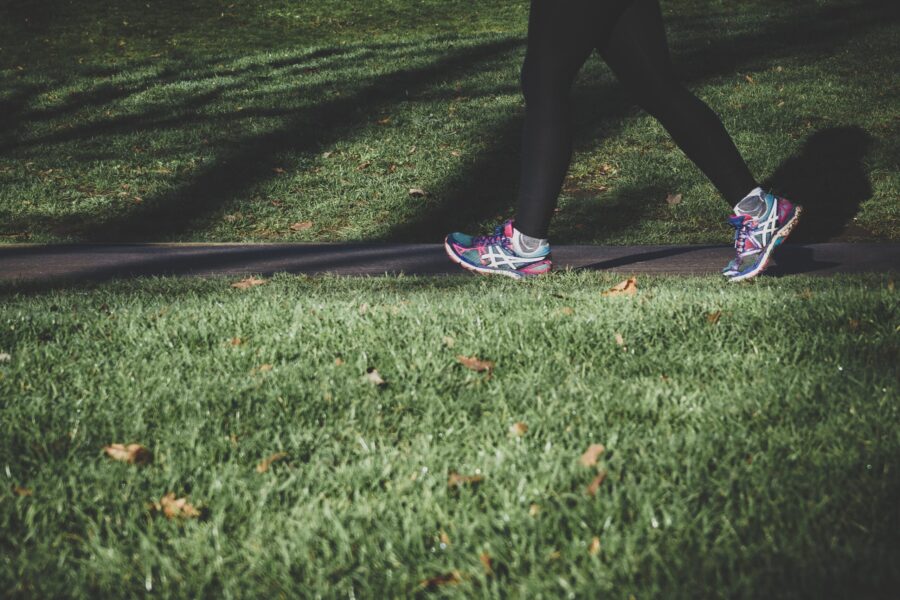Exercise Literally Changes Your Brain?
Stress is an unavoidable part of life. But according to a Washington Post article, research shows that exercise – giving ourselves a daily dose of controlled stress – can make us more resilient, able to deal with what life throws our way. How? It literally changes your brain.
What is resilience?
Resilience – the ability to bounce back when confronted with obstacles and adversity – enables us to grow as healthy individuals. According to the article, “resilience is essentially an emotional muscle,” one that can be strengthened at any age.
An increasing number of research studies are focusing on how strengthening our physical muscles through exercise strengthens our resilience as well.
“We want to experience manageable stressors so that we can develop stress resilience and not react with a big stress response every time something unexpected happens,” explained Elissa Epel, professor of psychiatry at the University of California at San Francisco.
Exercise increases the body’s resistance to stress
In a 2021 study out of Northern Arizona University, researchers explored the effects of exercise on physiological stress resistance. Over the course of eight weeks, 40 sedentary participants (half young adults and half ages 60+) were randomly assigned to either an aerobic exercise training program or a control group.
The exercise group engaged in pedaling, jogging or stair-climbing at a gym three times a week. Some days the exercise was more moderate while others involved high-intensity interval training. The sessions got longer over the course of the study, starting with 30 minutes and ending with 50 minutes.
At the study’s end, to recreate bodily stress, the researchers used a blood pressure cuff, which temporarily cuts off circulation, mimicking the stress the body feels during a heart attack. Blood tests then measured the degree of oxidative stress each participant experienced. The exercise group not only improved their fitness by 15 points, but they responded better to the stress test.
“This is just an eight-week, not a very long exercise intervention,” said Tinna Traustadóttir, an associate professor of biological sciences at Northern Arizona University and the senior author of the study. “And we were able to show differences that after the exercise training, there was less of an oxidative stress.”
Even walking helps change the brain
Philip Holmes, a professor of neuroscience at the University of Georgia, studies the neurobiological effects of exercise. He defines stress resilience as the “ability to adapt to stress in a way that’s not deleterious.” And he’s discovered the way exercise enables us to deal with stress is by promoting neuroplasticity – by literally changing your brain.
Holmes explained that neuroplasticity amounts to building brain connections, and they discovered that exercise “promotes these connections in the prefrontal cortex, which is a critical area for emotion regulation.”
By studying exercise in rats and mice, Holmes discovered that “even moderate exercise can activate the locus coeruleus, a small brainstem nucleus that is important for attention, arousal, motivation and cognitive function.” When rodents perform the equivalent of brisk walking in humans, their neurons make substances called trophic factors, which help build neural circuits, strengthening the brain.
“So, every time we walk around the neighborhood, you’re making more of these trophic factors, building more of these circuits,” he added. “It may just be a little bit, but that will be beneficial.”
How exercise is like a vaccine
Any kind of exercise you enjoy can be beneficial. Epel refers the short, intense bursts of acute stress to our bodies that we experience during exercise “hormetic stress.” Hormetic means “something that in a larger dose would be harmful, but in a smaller dose is quite beneficial.”
“Hormetic stress works almost like a vaccine,” Epel explains. “You receive a micro-dose of the ‘virus’ (stress), and then, later, when you face a large, intense similar stressor, you’re essentially inoculated against it.”
Read the full article here.
Soong, Kelyn. “How exercise can help you build resilience at any age.” The Washington Post, 3 Feb 2023, https://www.washingtonpost.com/wellness/2023/02/03/building-resilience-exercise-stress/.
Photo by Arek Adeoye on Unsplash



